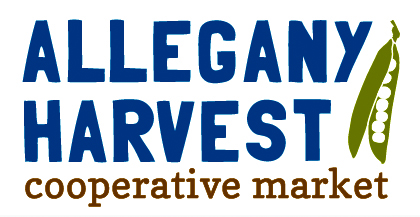This Sunday Houghton will be welcoming alternative Christian band Sanctus Real to the stage for a performance in Wesley Chapel. Twice nominated for a Grammy, once for Best Rock Gospel Album, We Need Each Other in 2009, and once for Best Contemporary/Pop Gospel Album, Pieces of a Real Heart, in 2010, the group has achieved both critical and commercial success in Christian spheres.

The stop in Houghton is to be part of a national tour with several stops in Canada for their tenth album Run. Released in February of this year, its single “Promises,” written mainly by the band’s drummer Mark Graalman and lead songwriter Matt Hammitt, reached #1 on Billboard’s US Hot Alternative Christian/Contemporary Radio and peaked high on other Christian charts as well. The album’s title refers to a departure from the walking and stumbling through doors of opportunity in the band’s past and that “with God’s help, [they’re] ready to run.”
Having originally formed the band in 1996 as teenagers interested in ministry through music, the band has since undergone several lineup changes, the most recent being the departures of guitarist Pete Provost and bassist Dan Gartley and the entry of bassist and producer Jake Rye. When asked about the motivating force behind the band’s continued unity, drummer Mark Graalman cited a “career that felt like a steady climb,” explaining that “each record is built upon the one before it.”
Graalman stated that the musical tastes among band members remain varied, spanning from ‘80s and ‘90s pop acts like Phil Collins and Sting to alternative groups like U2 and Coldplay to current alternative bands like Fun, allowing for multiple influences to show in production. Run itself shows a continued departure from the band’s original grunge rock roots that were heavily influenced by ‘90s rock bands like Foo Fighters and Weezer towards a more radio-friendly pop-rock sound.
“Our sounds has definitely changed, grown, evolved,” said Graalman, adding that their current style has a more “mature pop-rock sound … compared to the youth” of their past. However, the band has intentions of exploring their original sound in new releases. When asked about developments in the production of Sanctus Real’s eleventh album, Graalman stated that the record will contain more “youthful angst” with a “throwback feel” comparable to their second and third records. Lyrically, the band intends to explore material that is “deeper and more philosophical,” asking questions such as “Where is God in our worst and best times?”
Despite changes in sound, Graalman says the band’s intent remains the same—that of ministry through music. “I want people to be encouraged,” he said, adding that “God’s strength is made perfect in our weaknesses.”
Sanctus Real will be performing this Sunday, October 6, in Wesley Chapel at 7 p.m. Tickets can be purchased in the Student Center.

